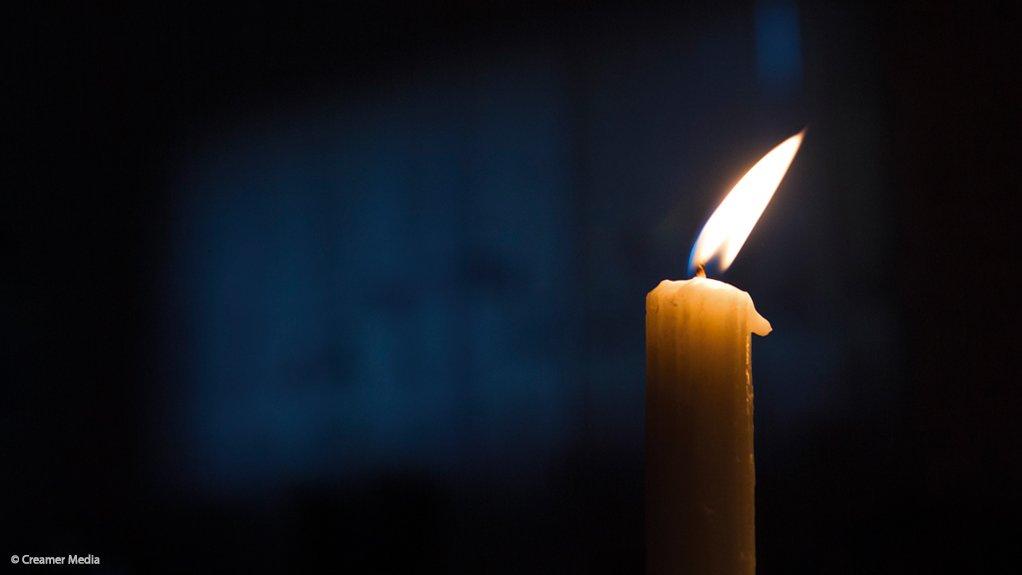South Africa’s ruling party risks losing almost a quarter of its support unless it brings the country’s worst power crisis to an end ahead of elections next year, a poll shows.
The survey of 1 517 registered voters was carried out by the Social Research Foundation in March as South Africans were subjected to rotational power cuts of more than ten hours a day. Of the respondents who said they backed the African National Congress, 24% said they will stop voting for the party if the issue isn’t resolved. Another 41% said they are reconsidering their support and 1% said they had already decided not to vote for the ANC.
The poll is another indication that backing for the ANC is declining as blackouts disrupt daily life, increase unemployment and cause the economy to stagnate. The party has governed Africa’s most industrialized economy since the end of White-minority rule almost three decades ago.
Surveys done by the SRF and other organizations before the last quarter of 2022, when the outages intensified, showed that the ANC will likely get its lowest-ever share of the vote in national elections in 2024, with some predicting it will fall below 50%.
Get the Bloomberg Washington Edition newsletter to find out how the worlds of money and politics intersect in the US capital, delivered daily.Get the Bloomberg Washington Edition newsletter to find out how the worlds of money and politics intersect in the US capital, delivered daily.Get the Bloomberg Washington Edition newsletter to find out how the worlds of money and politics intersect in the US capital, delivered daily.
The party has acknowledged that it’s to blame for the current crisis as the ANC government of former President Thabo Mbeki stopped the national power utility, Eskom Holdings, from building new plants in the early 2000s. During the rule of his successor, Jacob Zuma from 2009 to 2018, Eskom was brought to its knees by state-linked corruption, which was exposed by a government-ordered commission of inquiry.
SHARP DIVISIONS
Other questions asked by the SRF showed a sharp division between races on how the power crisis should be tackled. Half of black South Africans polled said the government was best placed to bring the outages to an end, compared with 5% of white citizens. Nine out of 10 white voters put their faith in the private sector to add power to the grid.
Almost three quarter of Black citizens would support the erection of new coal-fired plants, a fleet of which already accounts for more than 80% of South Africa’s power. That compares with less than a third of their white counterparts.
The difference in opinion is likely due to wealth disparities that largely run along racial lines. The wealthy have taken steps to insulate themselves against power cuts by installing solar panels, inverters or generators, and have the luxury of putting climate considerations ahead of power availability, the SRF said.
“The racial splits in the data most likely reflect the fact that roughly six in ten white voters have installed private electricity solutions in their homes as opposed to roughly one in ten black voters,” it said.
Voters were similarly divided on the root causes of the crisis. Three out of five Black respondents blamed corruption for Eskom’s inability to provide adequate power while half of White voters attributed it to poor government planning and maintenance.
The poll had a 4% margin of error.
EMAIL THIS ARTICLE SAVE THIS ARTICLE
To subscribe email subscriptions@creamermedia.co.za or click here
To advertise email advertising@creamermedia.co.za or click here











